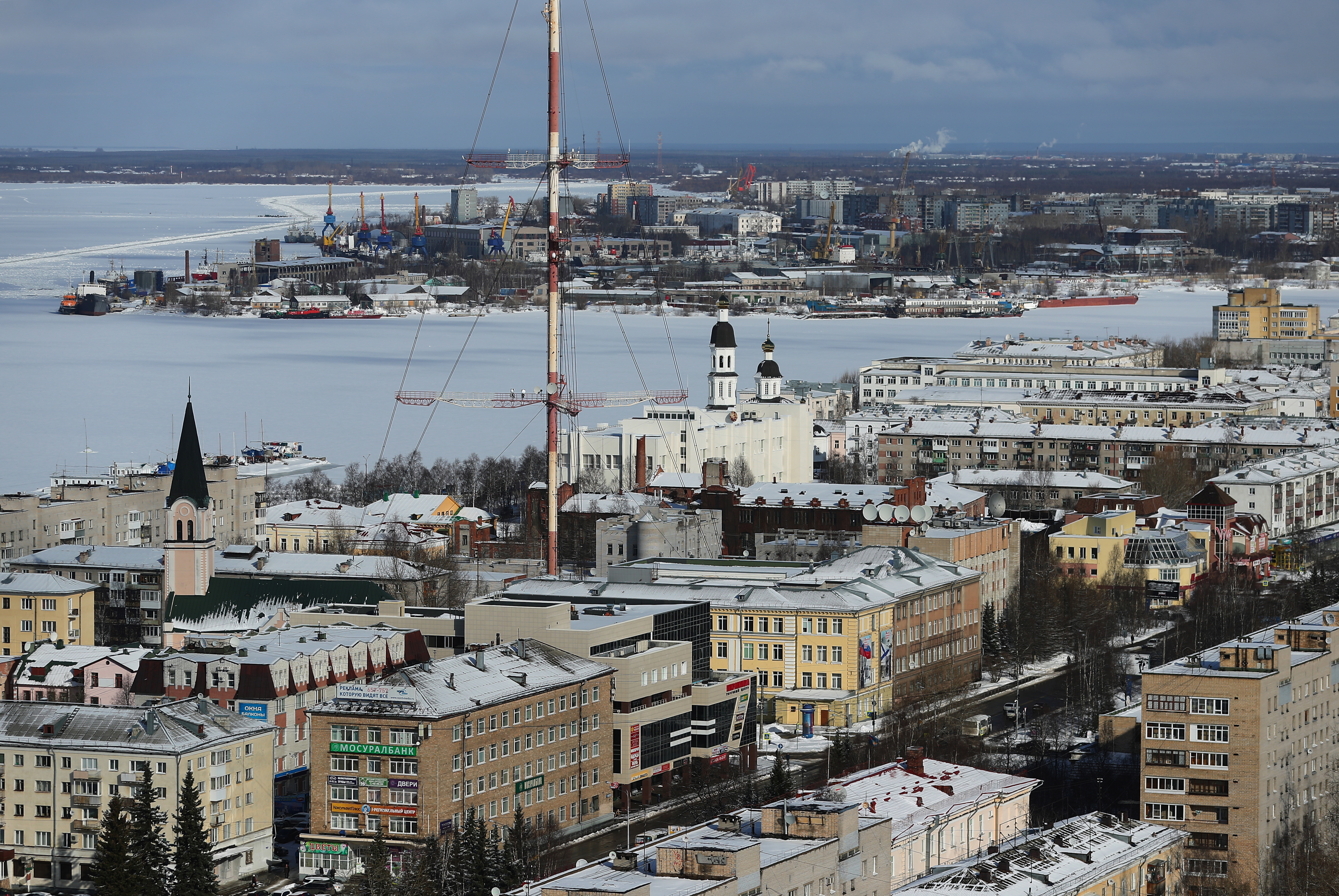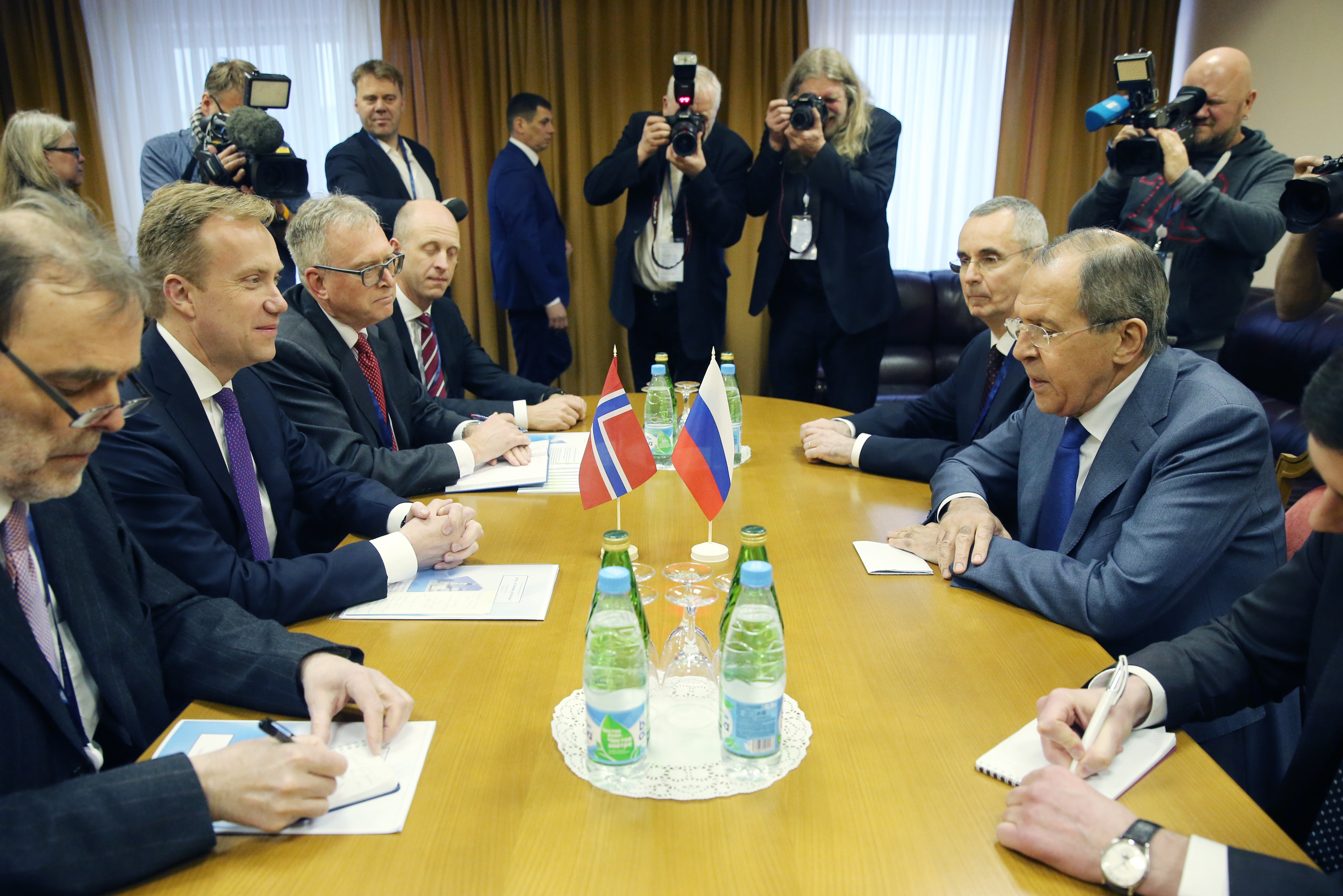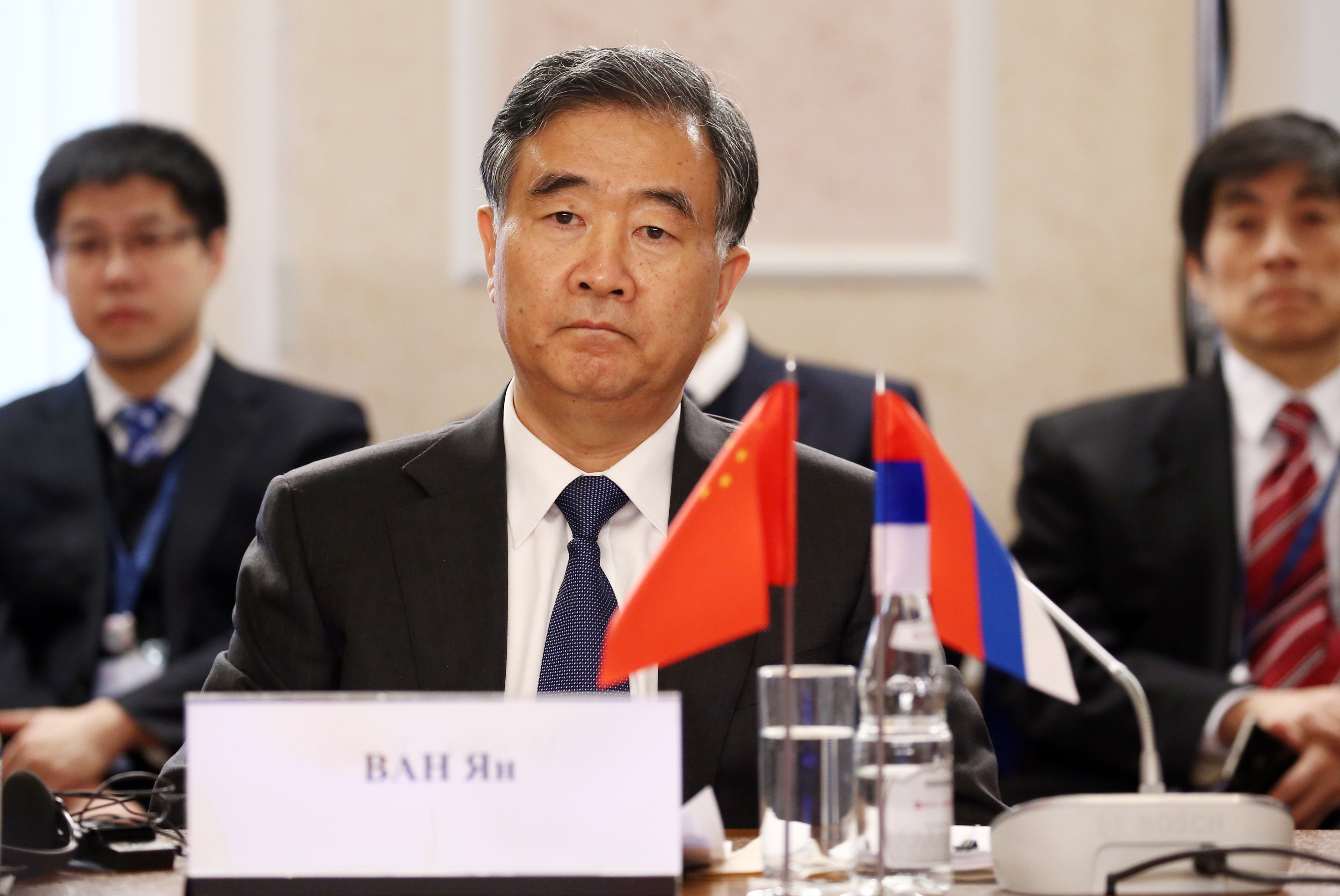Russia opens Arctic forum aimed at highlighting cooperation in the region

Russia’s major Arctic conference “Arctic: Territory of Dialogue” kicked off Wednesday in the White Sea port city of Arkhangelsk.
It’s the first time the forum has been held since Russia’s annexation of Crimea and involvement in Eastern Ukraine in 2014. And given the number of high-level international politicians attending, it’s widely viewed as an opportunity for a warming in relations between Russia and the West in an arena, the Arctic, that has remained a bright spot for international cooperation amid rising hostility elsewhere.
[Arctic coast guards agree to team up for shipping emergencies]
“Russia wants to begin normalizing relations with the West, and sees the Arkhangelsk conference as a step in that direction,” Harvard-based Russia scholar George Soroka told Arctic Deeply.
It’s also provided a venue for bilateral talks between top Russian officials and visiting heads of state and foreign ministers. Icelandic President Guðni Johannesson is set to meet with Russian President Vladimir Putin, as is Finnish President Sauli Niinisto.
Norway’s Foreign Minister Børge Brende met with his Russian counterpart Sergei Lavrov Wednesday, and the foreign ministers of Denmark and Iceland were also among the top-level officials attending the forum.

By contrast, the official U.S. presence was muted. The U.S. Ambassador to Russia, John Tefft, was set to attend, as was David Balton, a diplomat who has headed the group of Senior Arctic Officials during the two-year U.S. chairmanship of the Arctic Council, which ends in May.
Canada also sent a delegation that Eye on the Arctic described as “low-key.” Canada’s SAO, Alison LeClaire was joined by academics and a Canadian Coast Guard official, Eye on the Arctic reported. Chrystia Freeland, Canada’s foreign affairs minister (counterpart to Brende and Lavrov) is an outspoken critic of the Kremlin and is barred from Russia as part of Russia’s counter-sanctions against the West.

While North America’s Arctic nations had a small presence, China had an outsized one for a non-Arctic state: Vice Premier Wang Yang leads that nation’s delegation. China has shown increasing interest in the Arctic in recent years—and is a key partner on Russian projects in the region, notes the Independent Barents Observer.
The forum continues through Thursday, when Putin, who was visiting Franz Josef Land on Thursday, will attend and give a keynote address.